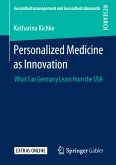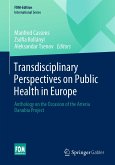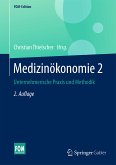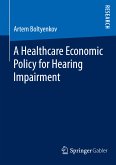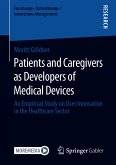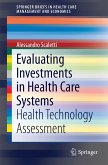This volume is the first to address multilingual healthcare communication around the globe and focuses on institutional, social and linguistic challenges and resources of the healthcare industry. It comprises studies from Canada, Australia, South Africa, Greenland, Italy, Germany, Switzerland and Belgium, and aims to introduce new paths of communicative and methodological agendas, casting a critical view on current linguistic practices in healthcare, nursing and medical interactions.
With increased personal mobility in a global society, the need for multilingual staff is on the rise in medical institutions and healthcare organisations, and communicative competencies and practices involving different languages pose challenges for medical doctors, healthcare staff and patients alike.
Many studies have highlighted the crucial role played by interpreters and interpreting staff, but the diversity of language situations in different countries requires very different approaches and solutions. Additionally, it may not be possible to develop a single agenda of language services for different medical areas with different needs for counselling, with various forms of treatment that require explanation and the patient's informed consent and with varying approaches to the relationship between medical professionals and patients. How to best organise medical (digital) language services in countries as different as South Africa, Greenland, Germany, Belgium and Australia calls for a diversity of possible solutions. The current volume makes a variety of such solutions and practices available for medical staff and healthcare institutions faced with international patients and working with international medical staff. It makes the challenges palpable on an international scale in a way that comparisons may be drawn between different solutions as well as their socio-cultural and institutional implications. This volume is intended forpolicy makers, medical and healthcare practitioners, institutions, interpreters, teachers and students in professional multilingual healthcare.
Content
- Approaches at the level of doctor/nurses-patient relationships in intercultural settings
- Challenges in healthcare interpreting
- Pragmatic competences of physicians and international medical graduates
The Editors
Prof. Dr. Christiane Hohenstein is a professor of Intercultural Studies and Linguistic Diversity at Zurich University of Applied Sciences, School of Applied Linguistics (Switzerland).
Prof. Dr. Magdalène Lévy-Tödter is a professor of Intercultural Competences at FOM University of Applied Sciences in Hamburg (Germany).
Dieser Download kann aus rechtlichen Gründen nur mit Rechnungsadresse in A, B, BG, CY, CZ, D, DK, EW, E, FIN, F, GR, HR, H, IRL, I, LT, L, LR, M, NL, PL, P, R, S, SLO, SK ausgeliefert werden.



